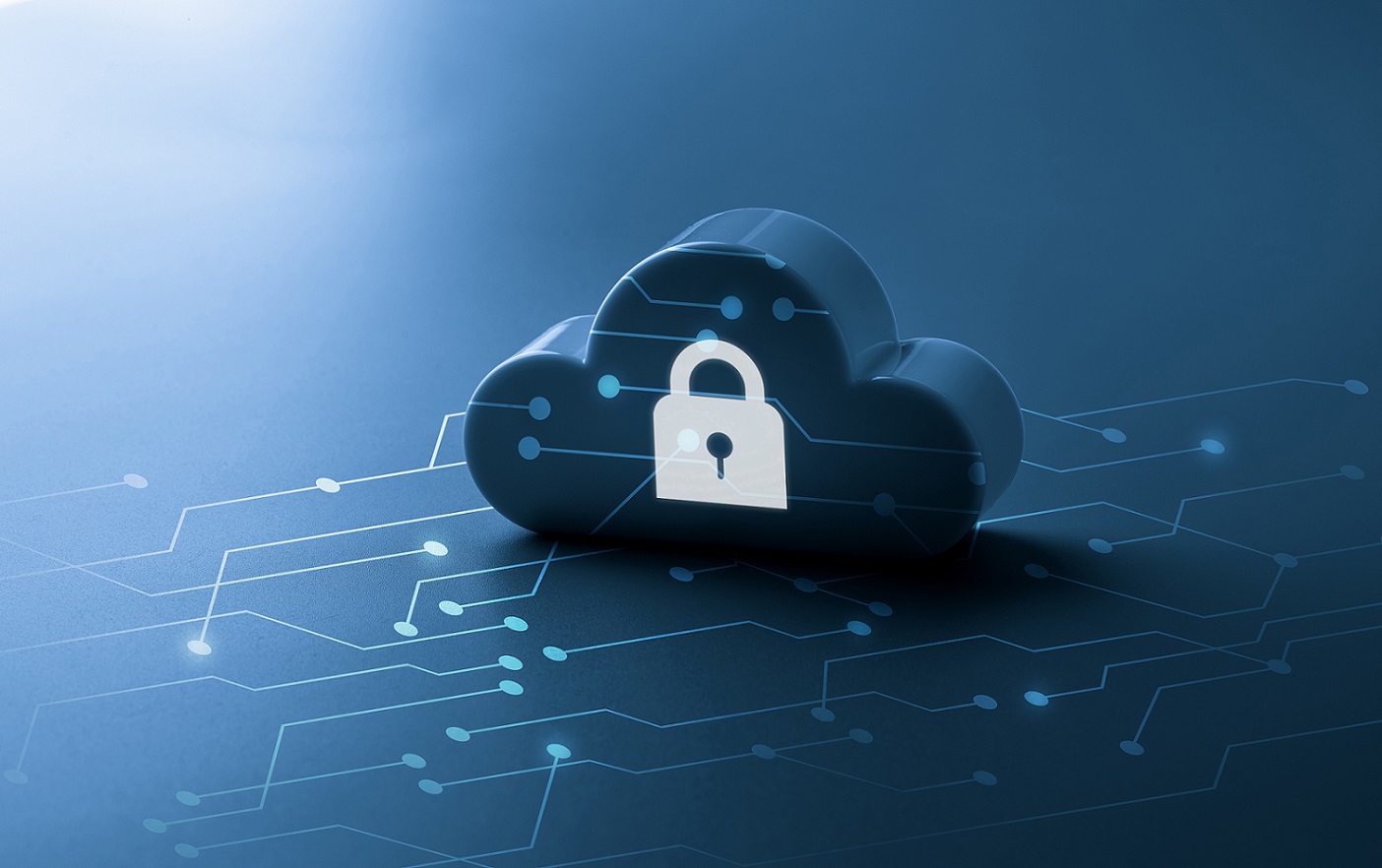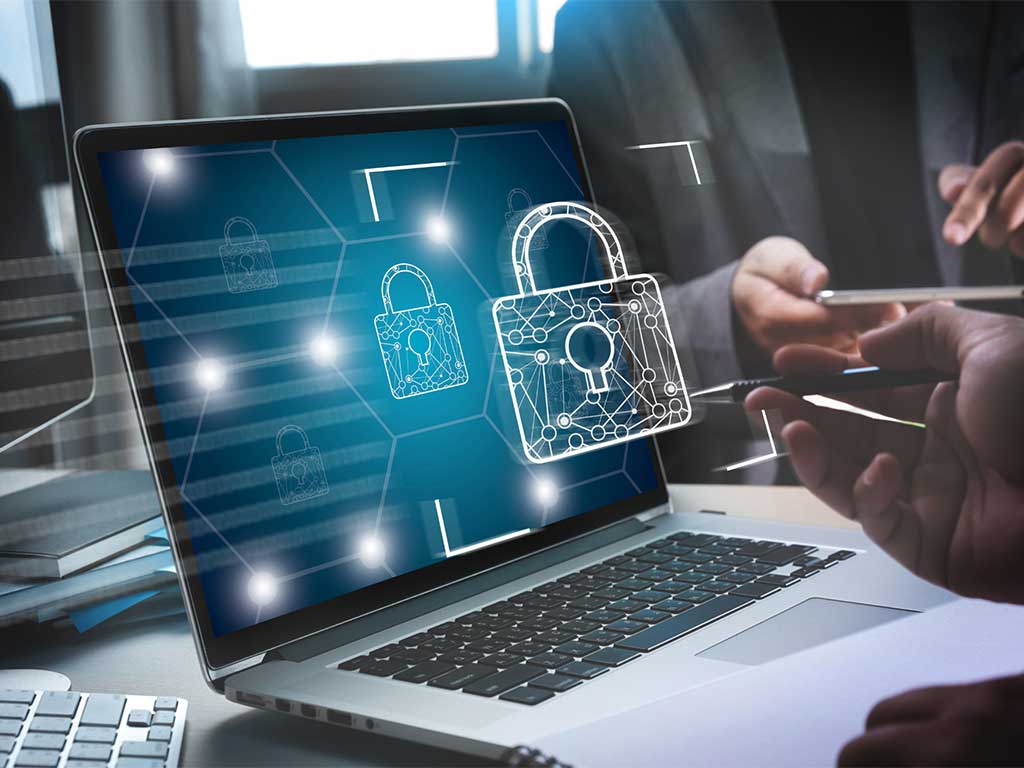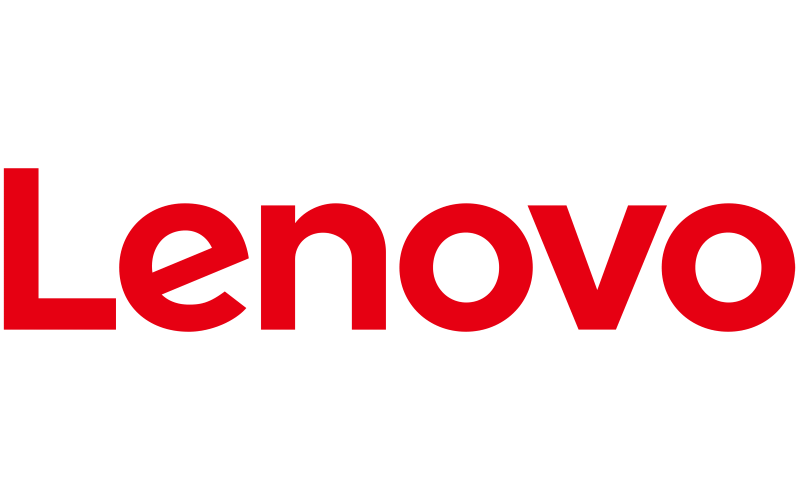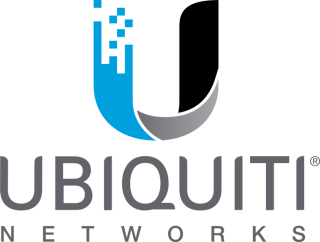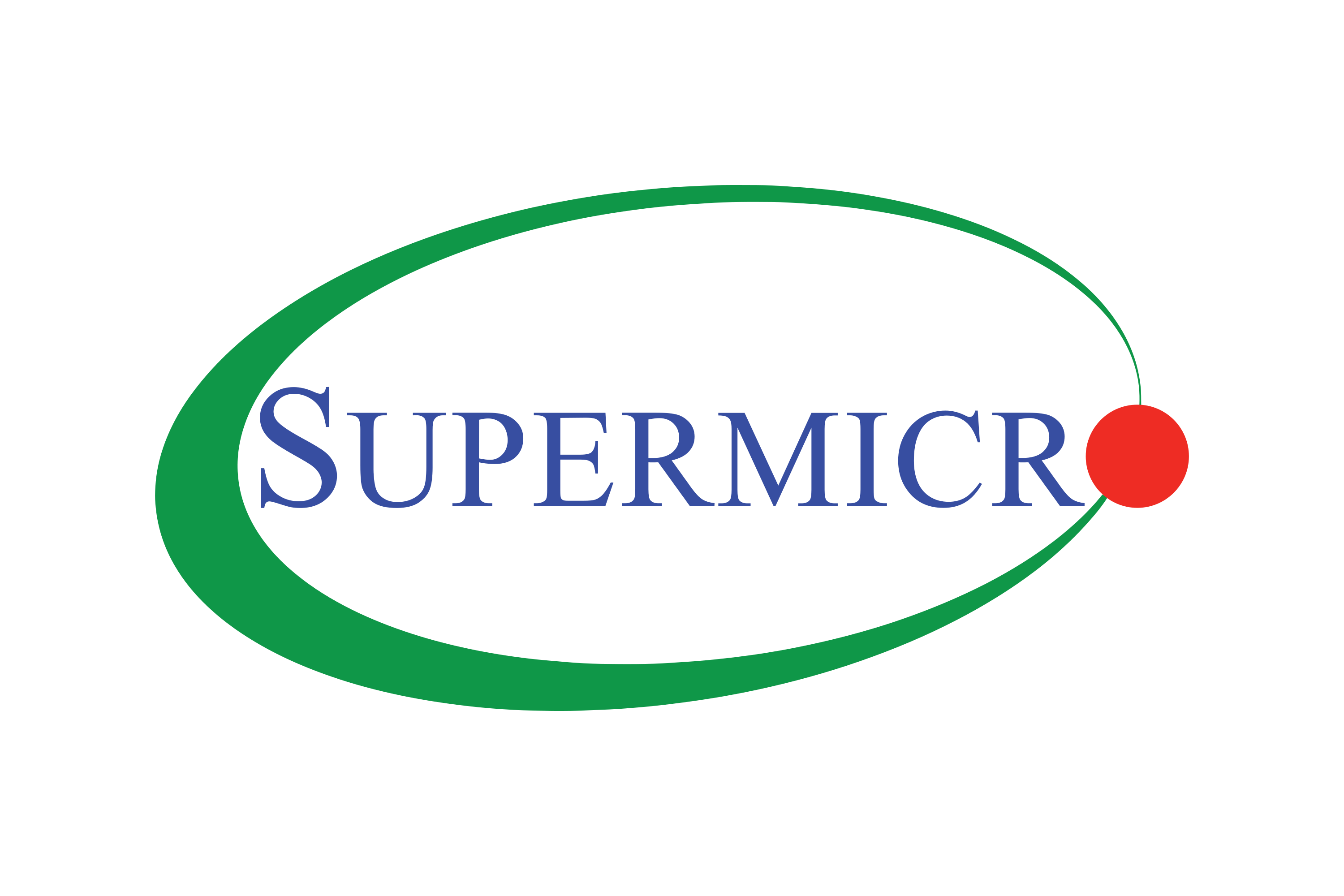In today’s digital age, the protection of sensitive information has become a top priority for organizations across various industries. One such industry that places a significant emphasis on data security and privacy controls is the healthcare sector. The Health Insurance Portability and Accountability Act (HIPAA) was enacted in 1996 to establish national standards for the protection of certain health information.
In this article, we will delve into the intricacies of HIPAA compliance, the importance of privacy controls, and the significance of data security in the healthcare industry. We will also discuss the implications of non-compliance and the benefits of adhering to HIPAA regulations.
HIPAA Compliance: An Overview
What is HIPAA Compliance?
HIPAA compliance refers to the adherence to the regulations set forth by the Health Insurance Portability and Accountability Act. The primary goal of HIPAA is to safeguard the privacy and security of individuals’ health information. It applies to covered entities, such as healthcare providers, health plans, and healthcare clearinghouses, as well as their business associates who have access to protected health information (PHI).
Who Needs to Comply with HIPAA?
HIPAA applies to all covered entities and their business associates. Covered entities include healthcare providers, health plans, and healthcare clearinghouses. Business associates are individuals or entities that perform functions or activities on behalf of, or provide certain services to, a covered entity that involve access to protected health information.
Privacy Controls in HIPAA Compliance
The Role of Privacy Controls in HIPAA Compliance
Privacy controls play a crucial role in ensuring HIPAA compliance. These controls are designed to protect the confidentiality of PHI and prevent unauthorized access or disclosure. They are the cornerstone of HIPAA’s privacy rule and are essential for maintaining the trust of patients and the integrity of the healthcare system.
Key Privacy Controls in HIPAA Compliance
Some of the key privacy controls mandated by HIPAA include:
- Notice of Privacy Practices: Covered entities must provide individuals with a notice that explains their privacy rights and how their health information may be used and disclosed.
- Authorization: Covered entities must obtain written authorization from individuals before using or disclosing their PHI for purposes other than treatment, payment, or healthcare operations.
- Minimum Necessary Rule: Covered entities must limit the use, disclosure, and request of PHI to the minimum necessary to accomplish the intended purpose.
- Accounting of Disclosures: Covered entities must maintain a record of certain disclosures of PHI and provide individuals with an accounting of those disclosures upon request.
- Breach Notification: Covered entities must notify affected individuals, the Secretary of Health and Human Services, and, in some cases, the media, in the event of a breach of unsecured PHI.
By implementing these privacy controls, covered entities can ensure that individuals’ health information remains confidential and protected.
Data Security in HIPAA Compliance
The Importance of Data Security in HIPAA Compliance
In addition to privacy controls, data security is a critical aspect of HIPAA compliance. Data security measures are put in place to protect the integrity and availability of PHI. They are essential for preventing data breaches and ensuring the confidentiality of health information.
Key Data Security Measures in HIPAA Compliance
Some of the key data security requirements outlined by HIPAA include:
- Administrative Safeguards: Covered entities must implement policies and procedures to prevent, detect, contain, and correct security violations. This includes conducting risk assessments, training employees on security awareness, and implementing access controls.
- Physical Safeguards: Covered entities must implement physical measures to protect electronic systems and PHI from unauthorized access. This includes securing facilities, workstations, and devices that store or transmit PHI.
- Technical Safeguards: Covered entities must implement technical measures to protect electronic PHI. This includes implementing access controls, encryption, and audit controls to ensure the confidentiality and integrity of PHI.
By implementing these data security measures, covered entities can mitigate the risk of data breaches and unauthorized access to PHI.
The Importance of HIPAA Compliance
Why is HIPAA Compliance Important?
HIPAA compliance is of utmost importance in the healthcare industry for several reasons:
- Protecting Patient Privacy: HIPAA compliance ensures that patients’ health information remains confidential and is only accessed by authorized individuals for legitimate purposes. This helps build trust between patients and healthcare providers.
- Preventing Data Breaches: Compliance with HIPAA regulations helps prevent data breaches, which can lead to significant financial and reputational damage for healthcare organizations. By implementing privacy controls and data security measures, covered entities can minimize the risk of data breaches.
The Consequences of Non-Compliance
- Avoiding Legal Consequences: Non-compliance with HIPAA regulations can result in severe legal consequences, including hefty fines and penalties. By adhering to HIPAA requirements, healthcare organizations can avoid legal troubles and maintain their reputation.
- Promoting Interoperability: HIPAA compliance promotes interoperability by establishing standardized rules for the exchange of health information. This allows for seamless communication and collaboration between different healthcare entities, leading to improved patient care.
Conclusion
Understanding HIPAA compliance is essential for healthcare organizations to protect patient privacy, prevent data breaches, and avoid legal consequences. By implementing privacy controls and data security measures, covered entities can ensure the confidentiality, integrity, and availability of individuals’ health information.
Compliance with HIPAA regulations not only safeguards sensitive data but also promotes interoperability and enhances patient care. In an era where data breaches are becoming increasingly common, HIPAA compliance remains a crucial aspect of the healthcare industry. It is a responsibility that all healthcare organizations must take seriously in order to maintain the trust and confidence of their patients.
